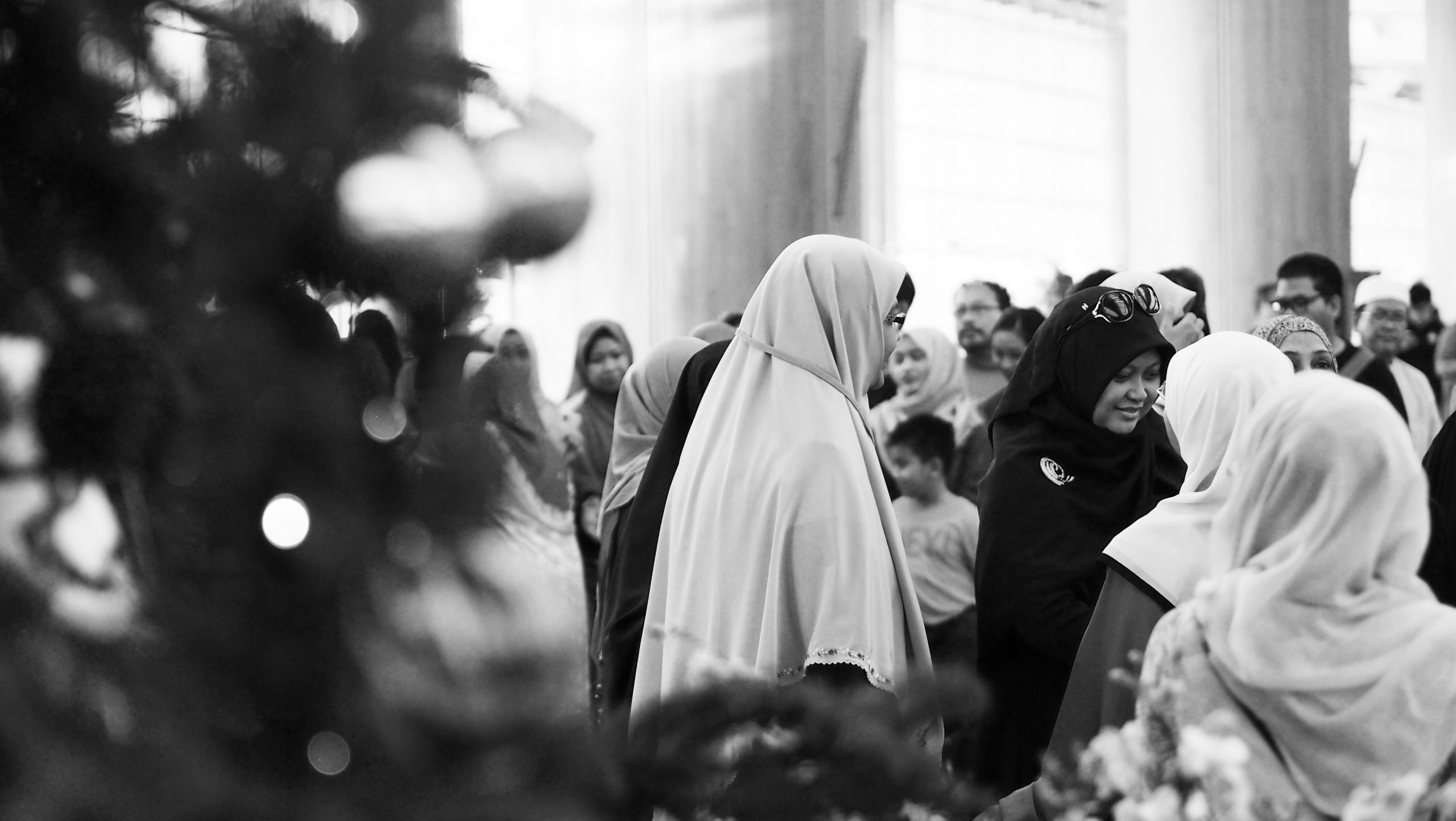Writing “Pakistanis” into Singapore’s History: Heritage and Identity of a Community
August 14, 2022
Pakistan’s Independence Day is commemorated annually on 14th August, marking the date it was declared a sovereign state after the end of the British rule in the region in 1947. Home to one of the world’s largest Muslim populations, Pakistan celebrates Independence Day with speeches from its Prime Minister and President, award ceremonies, and parades.
‘Writing “Pakistanis” into Singapore’s History: Heritage and Identity of a Community’ examines how the sub-ethnic groups of Pakistanis, the Pathans, Hazaris, and Punjabis construct their identities at the personal, community, and national level in Singapore. Each of these sub-groups has its own language and customs, and there are linguistic variations within the three groups.
There are also hybrid communities borne from inter-marriages with other Muslim ethnic groups including Malays, Javanese, and Indian Muslims. These ‘Pakistani-Peranakans’ form a complex blend of ethnicities that do not fit into the colonial-era racial categories that continue to be recognized by the contemporary Singapore state. As a result, many Pakistani Singaporeans are slotted into the ubiquitous ‘Others’ racial category.
Studying the predominance of inter-ethnic marriages between Pakistani Singaporeans and other Muslim Singaporeans during the past century will advance knowledge on social integration and cohesion. This project, funded by a Heritage Research Grant from December 2020 to November 2022, will additionally examine the community’s strategies of exclusion and inclusion, as well as the politics of integration and differentiation, in order to discover how they attempt to maintain their own sub-ethnic identity within the ‘Pakistani’ community and within the larger ‘Pakistani-Peranakan’ community in the context of a globalised Singapore. The research, led by PI Associate Professor Sher Banu Khan (NUS Department of Malay Studies), will add to our understanding of Singapore’s rich and cosmopolitan ethnic heritage, and how each community has contributed to the nation’s development.

